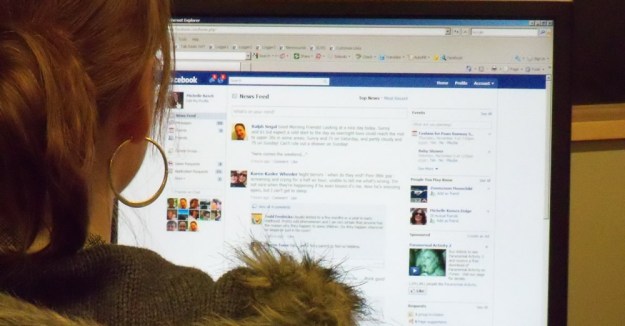
Earlier this month, a judge for the National Labor Relations Board in New York ordered that a non-profit called the National Hispanics of Buffalo had to reinstate five employees that were fired due to inflammatory comments on Facebook about a co-worker. The group appealed to the board after one of the employees started a Facebook thread about receiving admonishment for not doing enough to help clients. This occurred on a Saturday when work wasn’t taking place. Four other co-workers chimed in with profanity-filled comments, but weren’t aware that the co-worker who had admonished the original employee was able to view the transcript of the conversation.

Based off this ruling, it’s possible that companies will have to revisit the acceptable use policy for social media and recognize that employees can write anything they want about the company in off-hours. However, disciplinary actions are certainly still on the table for any disparaging comments made about the company during off-hours. The policy revision may also limit social media usage during work hours to reduce the amount of these potential inflammatory situations between co-workers. This ruling also doesn’t dissuade the human resources department from using social media as a tool for recruitment and background checks.


